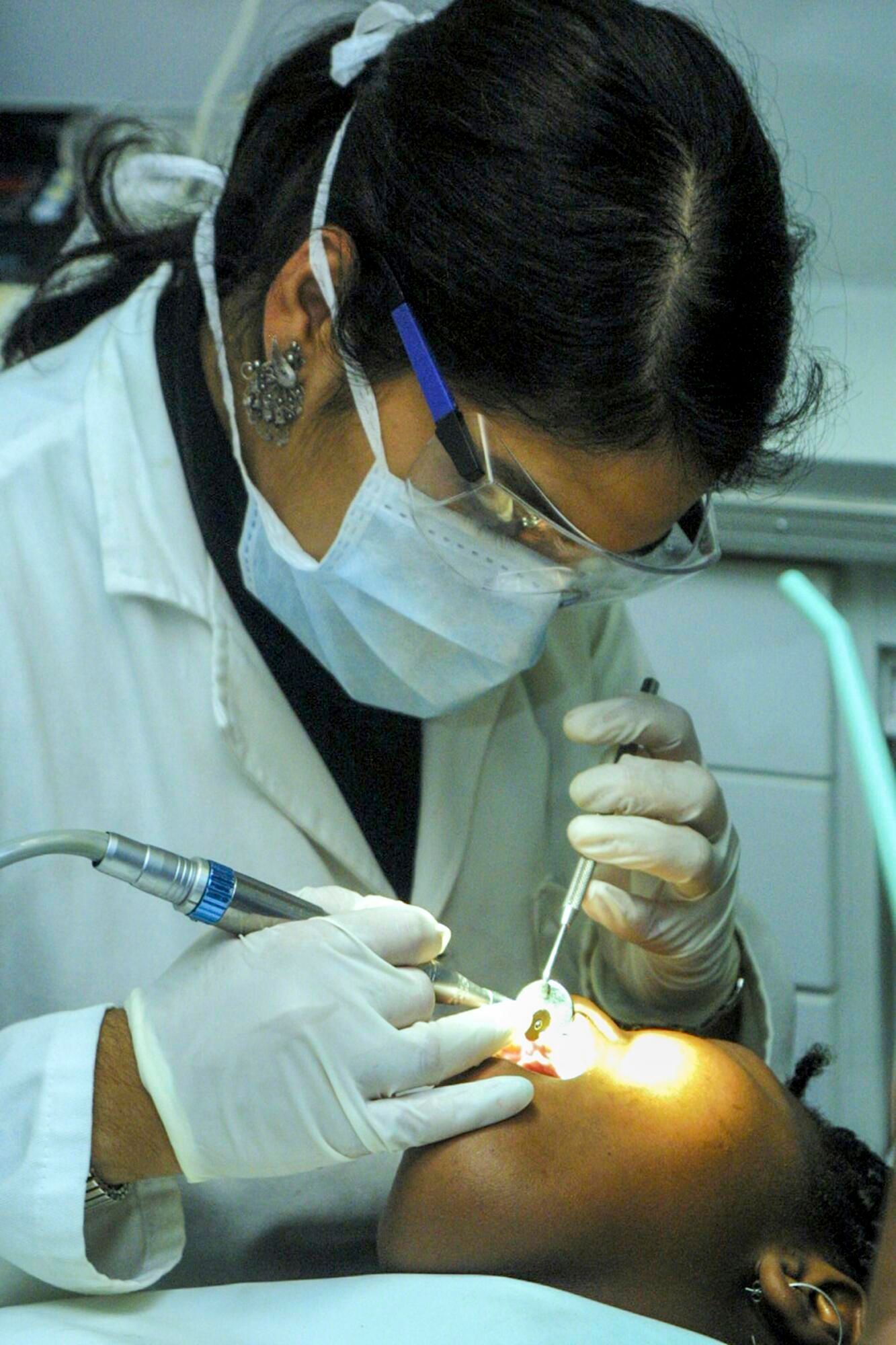Does it surprise you that in 2020, only 63% of adults saw the dentist in the last year? Regular dental visits are key to good oral health and prevention.
Whether you're living in Lutz, FL, or it's the surrounding area, who do you turn to when you have problems with your teeth, gums, or mouth?
Your regular dentist can be key in directing you to a visit when oral pathology is needed.
Are you wondering what an oral pathologist does and how they might help to address oral health issues and work to keep your mouth healthy?
Keep reading for everything you need to know about locating an oral surgeon and what to expect from them when you visit.
What Is Oral Pathology?
Oral pathology is an advanced form of dentistry. In fact, to become an oral surgeon and pathologist, you must have considerably more training beyond dental training.
Practice as an oral pathologist requires an additional 37 months of advanced training.
An oral surgeon is responsible for the study, diagnosis, and treatment of oral diseases. Oral health includes:
● Teeth
● Gums
● Bones
● Joints
● Glands
● Skin
● Muscles around the mouth
An oral pathologist will focus on diseases in the mouth and common oral disorders.
The oral surgeon will use their dental education along with their advanced education related to the issue of oral health to diagnose and treat the patient.
Typically, a patient will be sent to see an oral pathologist because their dentist sees a potential issue that requires the specialized training of the oral pathologist.
Why Is Seeing an Oral Pathologist Important?
Some patients worry about the additional need to see an oral surgeon and pathologist. Is it necessary? Is my dentist overreacting?
The fact is that the role of the oral pathologist is to use their expertise to help address potential issues and work out a treatment plan.
An oral pathologist will look at your dental health history. They will also consider your overall medical history and potential related medical conditions.
This information will help in the diagnosis and treatment plan for your oral health.
Common Oral Health Problems
You might wonder what kinds of problems might send a patient to an oral surgeon's practice for an evaluation.
There are a host of potential reasons you might need an oral pathologist. Some of these might include:
● Periodontal disease
● Misaligned jaw
● Infections
● Cleft lip or cleft palate
● Oral cancer
● Oral ulcers
● Prolonged pain
● Tooth loss
You might even be referred to an oral surgeon for cavity treatment if the issue is more excessive and requires surgery.
Many people will see an oral surgeon during their lifetime for wisdom teeth removal. Approximately 10 million wisdom teeth are removed every year across the US.
Oral Health Diseases
In addition to oral surgery, there are a number of oral health diseases that might be treated by an oral pathologist.
Let's take a closer look at some of the more common oral diseases treated by an oral pathologist.
Herpes Simplex Virus Type 1
Herpes simplex virus type 1 (HSV-1) is a highly contagious oral disease. It will often present in the mouth with fever blisters or cold sores in the mouth.
If you have the Herpes simplex virus, the symptoms will present most when the virus is first contracted. The symptoms might include:
● Tingling, itching, burning, or itching sensation
● Swollen, painful blisters on your lips, face, or tongue
The oral pathologist can work to diagnose based on symptoms and might prescribe antiviral creams or medications to ease discomfort.
Oral Cancer
A host of oral cancers might also require diagnosis and treatment from an oral surgeon.
Most oral cancers are preventable by careful behavior. The most common causes of oral cancers include smoking and heavy alcohol consumption.
A dentist and oral pathologist will consider symptoms when diagnosing oral cancers. Common oral cancer symptoms include:
● An ulcer that refuses to heal
● Swollen lymph nodes
● A gingival mass
● Difficulty swallowing
An oral pathologist will often get involved with a patient with oral cancer because surgery is needed.
Candidiasis (Thrush)
Red bumps and white patches on the inside of the mouth indicate a fungal overgrowth called thrush.
Thrush is one of the most common oral fungal problems treated by oral pathologists. Symptoms might include:
● Loss of taste
● Cottonmouth
● Pain when swallowing
● Pain when chewing
● Redness and cracking in the corners of the mouth
The oral pathologist will consider what might be triggering the thrush, then work on a treatment plan.
Black Hairy Tongue
You might feel traumatized when it appears that your tongue is growing black hair. It's one of the least worrisome oral health conditions and can be eradicated with better oral health.
What happens for a patient with a black hairy tongue is that dead skin cells collect on the papillae. The long papillae get stained by food and appear to have hair growing on the tongue.
In addition to bad breath and a change in taste buds, a patient suffering from a black hairy tongue will sometimes feel a gagging sensation.
Soft Tissue Lesions
One more common reason to see the oral pathologist is for soft tissue lesions. The soft tissue of the mouth includes the tongue, gums, cheeks, and lips.
Soft tissue lesions might present as:
● Mouth ulcers
● Red or white patches on the soft tissue
● Small bumps on the soft tissue
Sometimes these soft tissue lesions can be precancerous sores that, if not treated, can turn into oral cancer.
Bone Lesions
Bone lesions are another reason to see an oral pathologist. These typically present as tumors and dental cysts.
Bone lesions can quickly become a serious medical condition and shouldn't be ignored.
See an Oral Pathology Surgeon
Oral pathology is an important dental field to treat patients with conditions more serious than what might be treated by the regular dentist. The oral pathologist can diagnose and treat, including any necessary oral surgery.
If you're looking for an oral surgeon in Lutz, FL, we can help. Contact us today so we can help to get and keep your mouth healthy.




